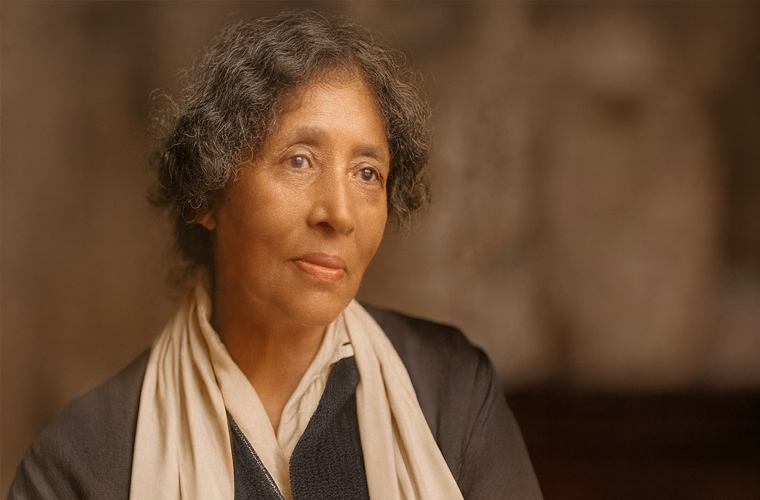Meet the most dangerous black woman of the 1870s, whose powerful writings were ‘stolen’ by the FBI
“She is more dangerous than a thousand rioters,” declared Chicago authorities, describing Lucy Parsons, a towering figure in American history. A journalist, anarchist, socialist, and labor organizer, Parsons dedicated her life to advocating for the poor and disenfranchised in an oppressive industrial economy. At a time when many radicals confined women to domestic roles, she defied convention with her fierce activism.
For nearly seven decades, Parsons fought for racial equality and workers’ rights, believing violence was sometimes necessary to dismantle capitalism and secure labor demands. Her writings, which alarmed authorities, led to frequent arrests and censorship by police and the FBI, who barred her from public speaking. On the day of her death, officials seized her books and papers on socialism and anarchy, attempting to suppress her ideas and limiting historians’ access to her work.
Parsons kept her early life private, famously telling a reporter, “I am not a candidate for office, and the public has no right to my past. I am battling for a principle.” Little is known about her origins, except that she was born around 1853 in Texas during the Civil War era, likely to enslaved parents of African American, Native American, and Mexican descent. To navigate a prejudiced society, she often used the surname Gonzales, attributing her dark skin to Mexican heritage and concealing her African American roots.
As a teenager, Parsons married Oliver Benton, a formerly enslaved man, and had a child who died in infancy. Around 1869, she met Albert Parsons, a former Confederate soldier turned radical printer from Alabama, whom she later married. Their interracial union was illegal under Texas law, and their anti-segregation activism—combined with Albert’s efforts to register Black voters, which led to a shooting and lynching threats—forced them to flee to Chicago in 1872.
In Chicago, the couple immersed themselves in the labor and anarchist movements. Albert worked as a printer for the Chicago Times, while Lucy supported African American causes and wrote for radical publications like The Socialist and The Alarm, an anarchist weekly published by the International Working People’s Association (IWPA), which they co-founded in 1883. During the 1877 Great Strike, one of the largest mass strikes in U.S. history, Albert organized railroad workers, leading to his dismissal from the Chicago Times. Lucy opened a dress shop and worked with the International Ladies’ Garment Workers Union to support them.
The couple played a significant role in the 1886 Haymarket Square protest in Chicago, advocating for an eight-hour workday. The demonstration turned deadly, with police and civilians killed. Albert was arrested, convicted of conspiracy and murder without evidence, and executed in 1887, despite Lucy’s tireless campaign for his release and protests against an unfair trial.
Undeterred by her husband’s death, Parsons continued her activism, championing workers’ rights, women’s equality, and African American causes. She wrote for radical publications, edited the Industrial Workers of the World (IWW) journal The Liberator, and published her own paper, Freedom. Traveling widely to deliver speeches, she supported herself and her causes through her fiery oratory. Her affiliations with the Socialist Party, Communist Party, and radical press made her a constant target of FBI harassment and arrests.
Parsons remained a relentless activist until her death at 89 in a fire on March 7, 1942. Though authorities seized her writings to erase her influence, her legacy endures. The Chicago-based Black Rose anti-fascist group uses her image as a symbol, and her name graces a Chicago park and the Lucy Parsons Center, a radical bookstore in Boston. Her fight for equality and justice continues to inspire movements for the marginalized and oppressed.

